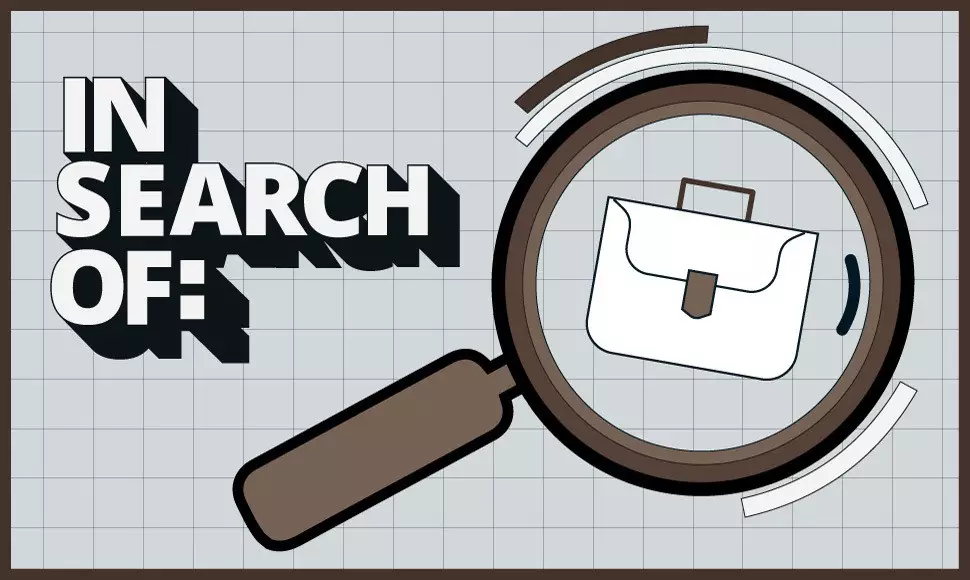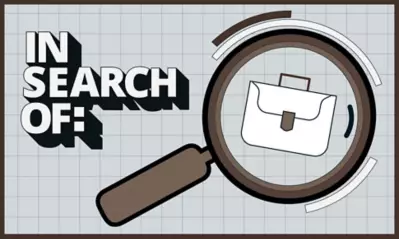What is skills mapping?

Written by Michael Feder

For both job candidates and hiring managers, recruiting isn’t what it used to be. This is largely thanks to advancements in technology and workplace strategy. AI-powered recruiting tools, for instance, foster diversity and inclusion in the hiring process. This agile methodology, adopted by over 70% of companies globally, accelerates the hiring process by promoting collaboration and constant iteration.
Skill mapping, also known as competency mapping, is a paradigm of the trend toward efficient, meritocratic recruiting. For an employer, skill mapping means creating a detailed overview of the skills needed to succeed in a given job or to complete a particular project, then taking an inventory of a team’s skills by diagramming each employee’s strengths and weaknesses. With a skill map, a hiring manager can clearly see a team’s available skills, required skills and missing skills — and then hire candidates who specifically fill the existing skill gaps.
University of Phoenix VP of File Transmission Services Robert Thompson, CFTP, has different ways of assessing candidates' skills mapped by University of Phoenix’s MBA program. For decision-making skills, he’ll ask them to talk about a project or task they were responsible for, then to define and rationalize important decisions made during its lifecycle.
For communication skills, he says, “I engage the applicant on a topic that they’re going to have to spend some time explaining,” like an accomplishment listed on their resumé.
For operations skills, he looks for candidates to discuss a product through the lens of customer service, capabilities to alert and alarm and problem-ticket management.
“Most [recent graduates I’ve interviewed] lack an understanding of risk management and governance,” he says. “That’s an important skill, and one that I would associate with a potential leader.”
But how can someone demonstrate leadership skills when they’ve never led a team? How can a newly minted MBA graduate show their management skills beyond just pointing to the classes on their transcript?
According to Thompson, interviewing is the most important part of the hiring process — because it’s in interviews that they can really assess whether a candidate has the skills they’ve already mapped. Interviews are how he determines whether a candidate can apply the skills listed on their résumé to real-world problems. “It’s scenarios,” he says. “It’s inductive and deductive reasoning.”
The skills you learn should align with what you need to succeed. Discover how University of Phoenix creates curriculum around the knowledge today’s employers want.
Interested in getting your MBA? Learn more about the MBA program at University of Phoenix

ABOUT THE AUTHOR
A graduate of Johns Hopkins University and its Writing Seminars program and winner of the Stephen A. Dixon Literary Prize, Michael Feder brings an eye for detail and a passion for research to every article he writes. His academic and professional background includes experience in marketing, content development, script writing and SEO. Today, he works as a multimedia specialist at University of Phoenix where he covers a variety of topics ranging from healthcare to IT.
This article has been vetted by University of Phoenix's editorial advisory committee.
Read more about our editorial process.
Read more articles like this:





